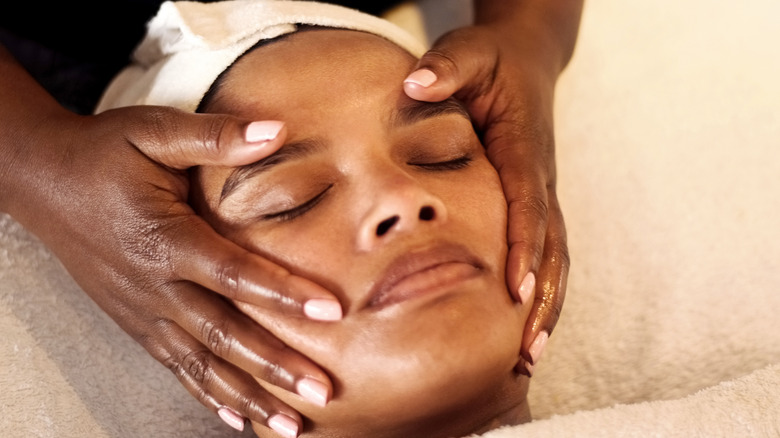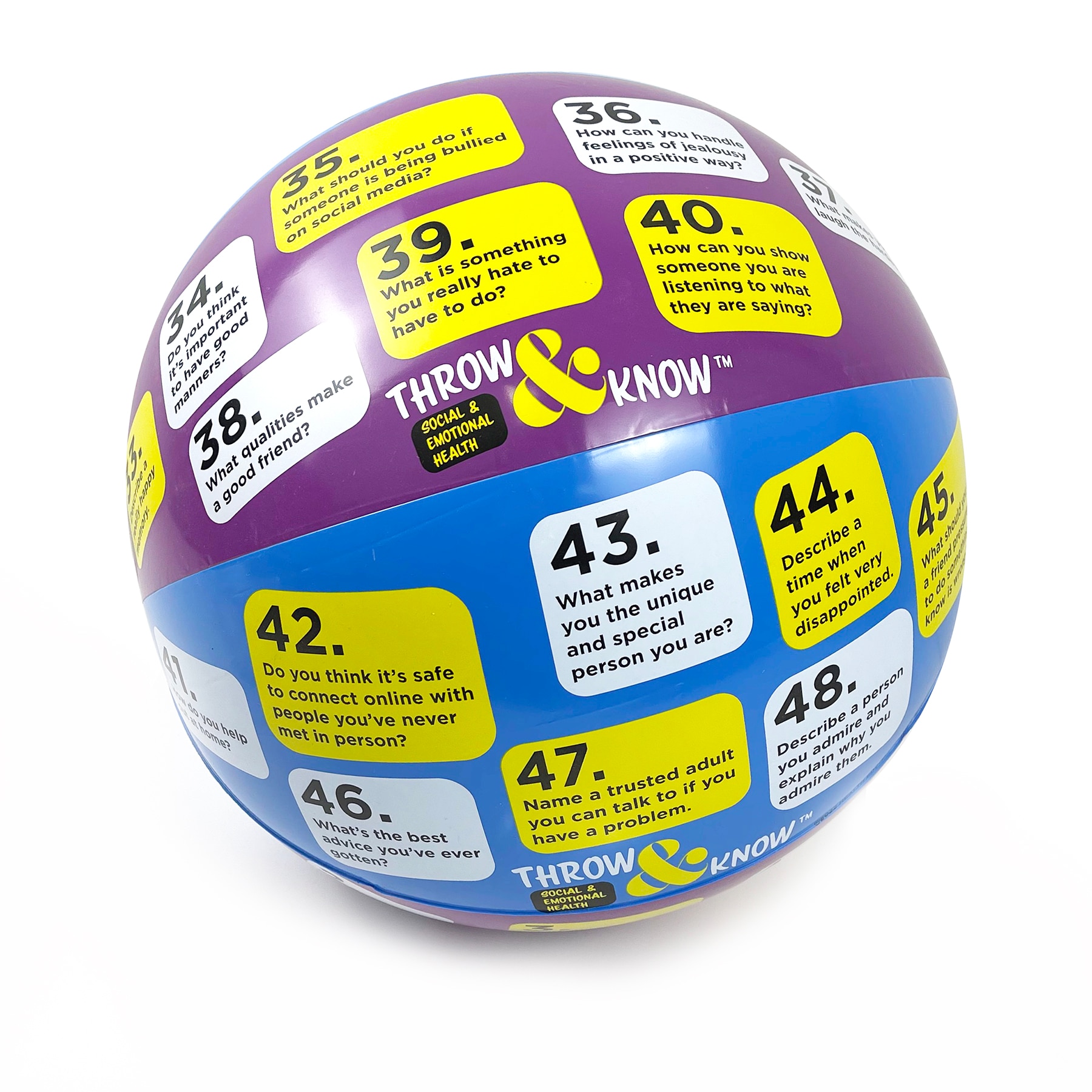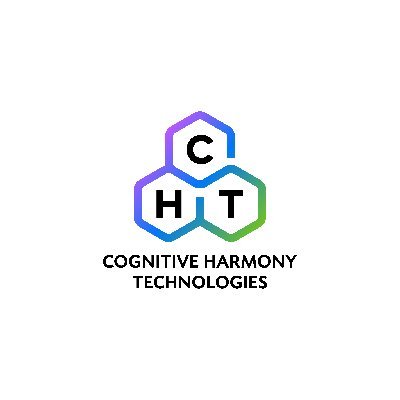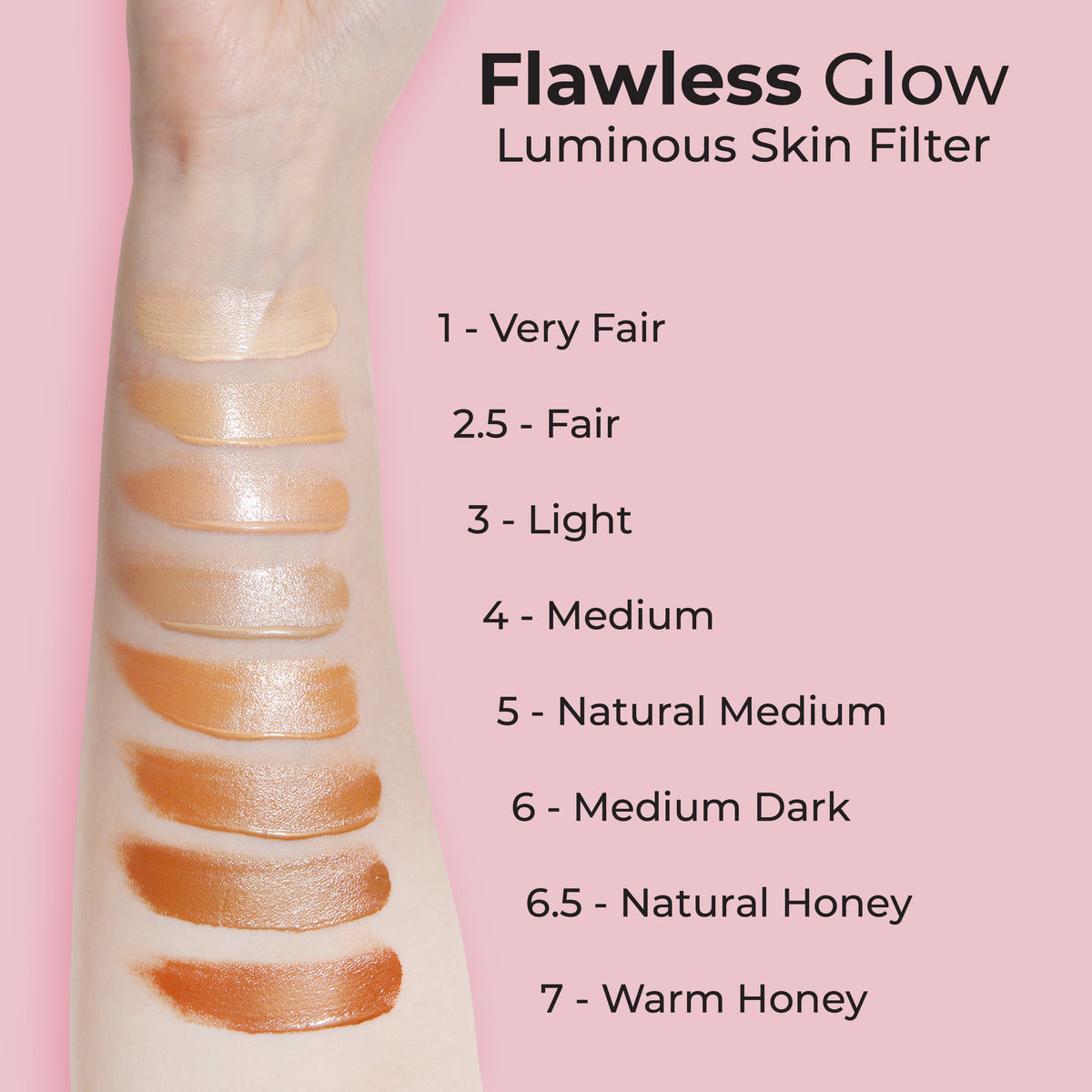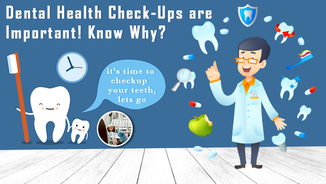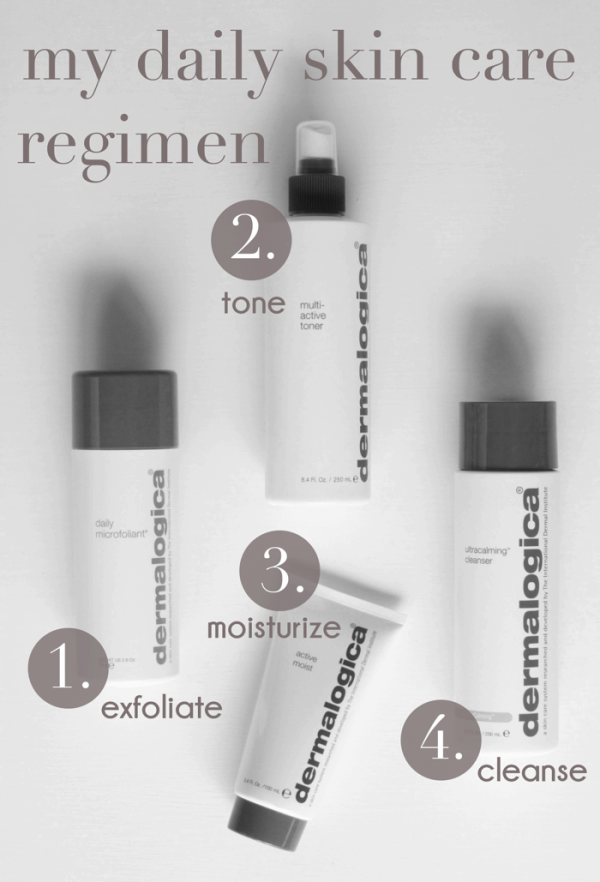
Unlocking Mental Clarity: Strategies for a Clearer Mind
In the midst of today’s fast-paced world, achieving mental clarity has become a valuable pursuit. Cultivating a clear mind involves adopting strategies that enhance focus, reduce stress, and promote overall cognitive well-being. Let’s explore effective approaches to unlock and maintain mental clarity in our daily lives.
Prioritizing Mindful Practices for Focus
Mindfulness is a powerful tool for cultivating mental clarity. By engaging in mindful practices such as meditation, deep breathing exercises, or mindful walking, individuals can enhance their ability to focus on the present moment. These practices promote mental clarity by reducing the noise of distractions and fostering a sense of calm.
Strategic Time Management for Cognitive Efficiency
Effective time management plays a pivotal role in maintaining mental clarity. Organizing tasks, setting priorities, and breaking down complex projects into manageable steps can prevent overwhelm and contribute to a clearer mental space. Adopting time-management strategies helps individuals allocate their energy efficiently, reducing mental clutter.
Quality Sleep: The Foundation for Mental Clarity
Adequate and quality sleep is fundamental to mental clarity. During sleep, the brain consolidates memories, processes information, and rejuvenates for the day ahead. Prioritizing a consistent sleep routine and creating a conducive sleep environment are essential steps in ensuring that the mind operates at its optimum clarity.
Mind-Boosting Nutrition for Cognitive Function
Nutrition plays a crucial role in cognitive function and mental clarity. Incorporating brain-boosting foods rich in omega-3 fatty acids, antioxidants, and vitamins supports optimal brain health. A well-balanced diet with a variety of nutrients contributes to improved focus, memory, and overall mental clarity.
Physical Exercise: Energizing the Mind
Regular physical exercise not only benefits the body but also energizes the mind. Exercise increases blood flow to the brain, releases neurotransmitters like dopamine and endorphins, and reduces stress hormones. These effects collectively contribute to mental clarity, improved mood, and enhanced cognitive function.
Digital Detox: Minimizing Cognitive Overload
In the age of constant connectivity, a digital detox is crucial for mental clarity. Taking breaks from screens, setting boundaries for device usage, and engaging in offline activities allow the mind to rest and rejuvenate. Unplugging from technology helps minimize cognitive overload and promotes mental clarity.
Mindful Breathing Techniques for Stress Reduction
Stress is a common impediment to mental clarity. Mindful breathing techniques, such as diaphragmatic breathing or box breathing, can be powerful tools for stress reduction. These techniques activate the body’s relaxation response, calming the mind and creating space for mental clarity to emerge.
Learning to Say No: Simplifying Mental Space
An overloaded schedule can hinder mental clarity. Learning to say no and setting realistic boundaries is essential for simplifying mental space. By avoiding unnecessary commitments and focusing on priorities, individuals can create a more manageable and clearer mental environment.
Continuous Learning and Cognitive Stimulation
Engaging in continuous learning and cognitive stimulation is a proactive approach to maintaining mental clarity. Whether it’s picking up a new skill, reading, or solving puzzles, these activities challenge the brain and contribute to its overall health. Lifelong learning fosters a sharp mind and sustained mental clarity.
Explore Mental Clarity with Studentals.net
To delve deeper into strategies for mental clarity, visit Studentals.net. Discover resources and insights to support your journey towards a clearer mind. Cultivating mental clarity is an ongoing process that involves a combination of mindful practices, lifestyle choices, and holistic well-being.









